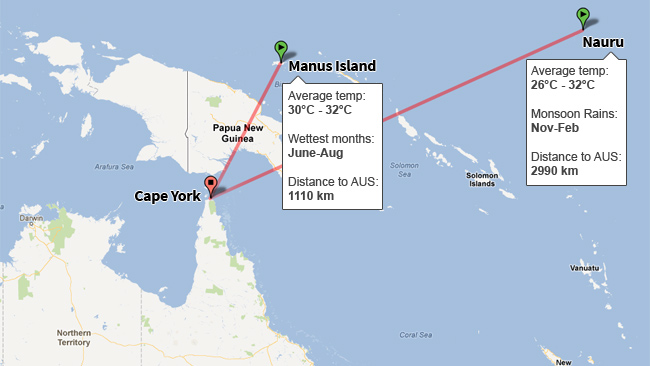Understanding Sovereignty, Jurisdiction, and their Implications in International Relations
In the complex realm of international relations (IR), certain terminologies play a pivotal role in shaping our comprehension of the interactions among states. Two such key terms are "sovereignty" and "jurisdiction." These terms are intrinsically linked to a state's authority and decision-making processes within its defined boundaries, and they have profound implications in the global landscape.
Sovereignty and Its Significance
A state stands as a central actor in the international system, and the notion of sovereignty forms its foundational cornerstone. The concept of sovereignty emerged alongside the birth of the modern state system, gaining prominence after the Treaty of Westphalia in 1648. The term itself traces its roots to the Latin term "superanus" and the French term "souverainete," both signifying supreme power.
The idea of sovereignty was systematically analyzed by Jean Bodin in his work "Six Livres de la Republique" in 1576. Bodin emphasized the need for a sovereign power within a state to enact laws, noting that this power was not bound by the laws it instituted but rather by the laws of nature and of God. Over time, the concept evolved, granting states supreme power in relation to other states, often elevating them above international laws.
Modern international law heavily relies on state sovereignty, serving as a pivotal principle. However, the term "sovereign" can manifest differently in practice. Take, for instance, the Tampa Affair, a case study that sheds light on the intricate interplay between sovereignty, jurisdiction, and international relations.
The Tampa Affair: A Case Study
The Tampa Affair, which transpired on August 26, 2001, offers valuable insights into the exercise of state sovereignty. Australia, driven by its national interests, enacted stringent legislation and policies to thwart the activities of people smugglers attempting to transport asylum seekers into its territorial waters. This decisive action showcased Australia's assertion of its sovereignty to safeguard its borders and protect its citizens.
Jurisdiction's Role in International Relations
Jurisdiction, closely entwined with sovereignty, dictates a state's power to make decisions within its territory. A sovereign state, like Australia, holds the supreme authority to enact laws and policies affecting various aspects of its territory, including individuals, property, and circumstances. It's crucial to recognize that the legislative changes introduced as a response to the Tampa Affair had a profound impact on the territories' status within Australia's migration zone.
Certain territories, such as Christmas Island, Ashmore and Cartier Islands, and the Cocos (Keeling) Islands, were deemed "excised offshore places." Unauthorized arrivals to these territories were denied the ability to apply for a visa, except through ministerial discretion. The ensuing refugee assessment processes saw offshore entry persons moved to locations like Manus Island or Nauru, where access to protection visas was limited.
 |
| Photo taken from the Refugee Action Coalition website |
Refugees and International Legal Frameworks
In this context, the terms "asylum seeker" and "refugee" assume significance. An asylum seeker is an individual in transit, seeking sanctuary in a land other than their homeland, often in pursuit of better circumstances. The term "refugee," as defined by the UNHCR, pertains to someone who fears persecution based on race, religion, nationality, social group, or political opinion in their country of origin. Refugees are unable or unwilling to return due to this fear.
The legislative shifts resulting from the Tampa Affair changed the dynamics for asylum seekers on the affected territories. Prior to these amendments, asylum seekers could apply for visas while awaiting the outcome of refugee assessment processes. The changes exemplify how jurisdiction, sovereignty, and international legal frameworks intersect to shape the rights and prospects of individuals seeking refuge.
Navigating Maritime Boundaries
Another layer to consider is the Law of the Seas, which defines maritime territories and territorial waters. Australian maritime territories lie within 12 nautical miles from the baseline. By excising certain territories from its migration zone, Australia exercised its sovereignty in accordance with international laws, showcasing its jurisdiction over these areas.
In the intricate fabric of international relations, sovereignty and jurisdiction are not static entities. They evolve and adapt, reflecting the changing priorities and dynamics of states and their interactions. Understanding these concepts helps us decipher the complexities of global affairs and the interplay of power and authority on the international stage.
Comments
Post a Comment